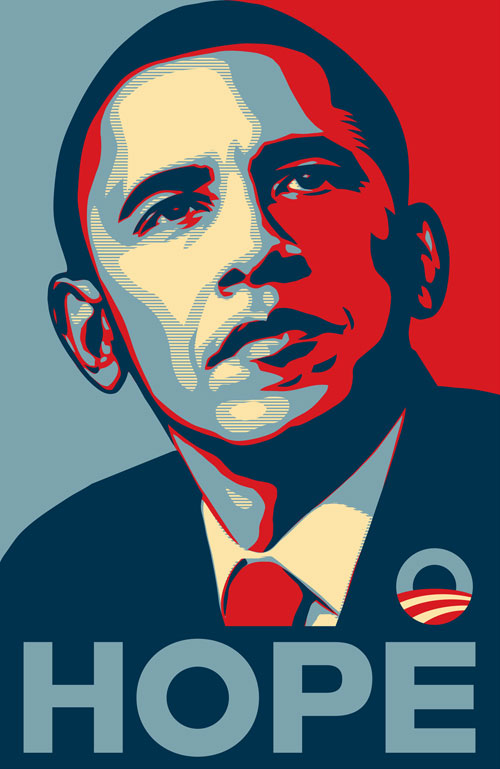This is an interesting take on our theme for week 3, taken from a blog on
The New Republic dated October 5. To read the comments on it, click on the link below.
Does It Matter If the World Loves Us?
Isaac Chotiner
http://www.tnr.com/blog/the-plank/does-it-matter-if-the-world-loves-us#
In
The New York Times on Saturday, the conservative writer and politician John R. Miller made a more-or-less convincing case that America's standing in the world is more-or-less irrelevant when it comes to conducting a successful foreign policy. Today, on Foreign Policy's website, two scholars summarize an American Political Science Association report on the same topic. The report's conclusion is the opposite of the one reached by Miller, and is broader in its argument. The authors claim that Obama's election has not yet solved America's image problems, for example, and they describe what they see as increasing post-cold war partisanship on foreign policy issues. The summary's central claim, however, is muddled. The idea that America's standing in the world is unimportant is called "dead wrong" by the authors, who begin their section on this issue by writing:
During the Cold War, the United States was anxious that its reputation for protecting its allies, especially those in Europe, be seen as credible by both Soviet leaders and Europeans. As Lyndon Johnson explained to Martin Luther King, Jr. in early 1965, "If I pulled out [of Vietnam] ... I think the Germans would be scared to death that our commitment to them was no good, and God knows what we'd have in other places in the world."
The fact that this story is cited as evidence of the importance of America's standing is bizarre, and the notion that we stayed in Vietnam to reassure our allies is nauseating.
More recently, the Bush Doctrine was reversed in Bush's second term in part due to falling support abroad -- involving both credibility and esteem -- that made it harder for the United States to get what it wanted.
It was always confusing when people who thought that 90% of Bush's foreign policy was wrongheaded also wanted the Bush administration to have more credibility (and thus, presumably, more room to operate). Regardless, the authors never specify what Bush's lack of credibility prevented him from accomplishing.
Of course, many other factors affect foreign-policy success and we should not delude ourselves that standing is the critical factor. Moreover, standing should never be the sole consideration behind U.S. foreign policy. There will inevitably be trade-offs between other pressing interests in particular situations; for example, the United States may need to act to protect itself from an imminent threat, and this action may diminish its standing among some audiences.
It is important, however, to acknowledge more explicitly the costs and benefits of maintaining standing in policymaking. For decision makers under pressure, it is tempting to focus only on what is concrete and immediate and has short-term impact. But just as it is dangerous for business leaders to focus only on quarterly profits and ignore their firm's long-term health, so too must U.S. leaders consider the nation's stock of credibility and esteem.
Credibility, esteem, interests, threats, standing, etc etc. The authors cite no specifics, and speak only in the broadest generalities. After a few more paragraphs of this, they conclude by adding:
Finally we need better data and analysis on U.S. standing. The United States supports periodic National Election Surveys at home; questions about standing should be added to the survey and public funds for other indicators -- such as foreign media analysis -- are needed. The dynamics of U.S. standing are complex, and we grasp only imperfectly the sources and impact of U.S. credibility and esteem in the world. Yet standing matters for U.S. foreign policy, and American leaders must pay attention to it or face real-world consequences.
The first three sentences here almost completely nullify the final sentence. Maybe America's standing in the world has real importance, but this piece does not shine any light on the subject.




















